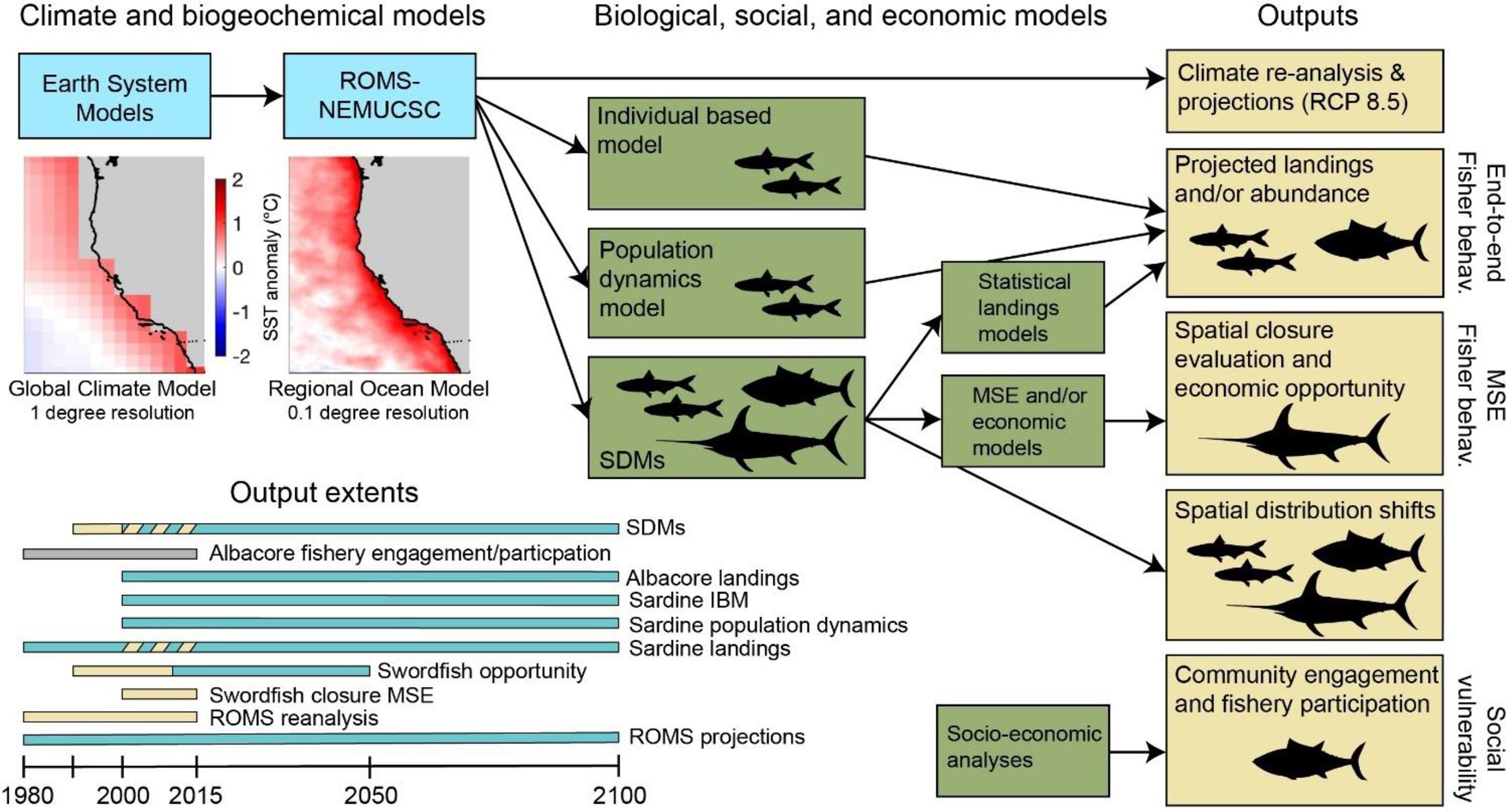Elsevier,
Theriogenology Wild, Volume 2, 2023, 100024
The rescue of wild animals after major environmental disasters is complex and requires an an integrative approach. Conservation scientists describe a successful example that lead to the reproduction of the only pair of Jaguars under reproductive age saved from the devastating Pantanal wildfires that killed over 16.9 million vertebrates in 2018..
Elsevier,
Geoderma Regional, Volume 32, March 2023
Soil organic matter (SOM) can be a helpful indicator of soil health in terms of the impact of land use changes. Kar et al., 2023 examined the soil health after land use conversion in India's North-West Himalayan region by using the stratification ratio (SR) of soil organic carbon and total nitrogen (TN) as indicators. The results indicate that land use change to conventional tillage (CT) significantly reduces SR and SOM, while conservation agriculture (CA) help restore the SR levels closer to those of forest land use. The authors suggest that CA is a suitable alternative to CT for improving soil quality and maintaining sustainable soil management practices.
Elsevier,
American Journal of Clinical Nutrition, Volume 117, February 2023
The article highlights the critical and complex interactions between climate/environmental changes and nutrition, emphasizing that addressing these issues requires an integrated, ecological approach. US government initiatives and research efforts are actively working to understand and mitigate these impacts, with the ADVANTAGE initiative playing a pivotal role in exploring these intersections. The article calls for a comprehensive understanding of "nutrition ecology" to effectively promote health and prevent disease, ultimately aiming to meet global nutrition targets.
Elsevier,
Journal of Climate Change and Health, Volume 10, 1 March 2023
This article advances SDG # 3, 6, 10, 11 and 13 by showing the interaction between poverty, climate change, and health consequences in slum communities in Ghana. Understanding the direct perspective of people “on the ground” can provide solutions that decrease the severe consequences of climate change and extreme weather events in poor communities.
Elsevier,
Journal of Climate Change and Health, Volume 10, 1 March 2023
This article supports SDG # 3, 11 and 13 showing how even in wealthy countries, climate change is causing an acceleration of extremely costly disasters, and the authors provide a framework for disaster risk reduction that is applicable to climate change.
Elsevier,
Progress in Oceanography, Volume 211, February 2023
This study shows downscaled climate projections that, without strong curbing of emissions, the California Current System (CCS) will undergo significant change this century, including 2–4 °C warming of sea surface temperature and an almost ubiquitous shift to novel conditions
Elsevier,
Ocean Modelling, Volume 181, February 2023
This paper show the mathematical and theoretical background of the machine learning algorithm used in this work, the LSTM. The data used are described and the methodology of framework is presented. It shows the predictions results based on LSTM and comparisons with ERA5 and buoy observations.
Elsevier,
Ocean Modelling, Volume 181, February 2023
This paper based on three implemented Regional Climate Models (RCMs), namely CMCC-CCLM, CNRM-ALADIN52, and GUF-CCLM-NEMO, for RCP4.5 and RCP8.5 scenarios of the 21st century. Atmospheric modelling datasets cover the Reference (1971–2000) and Future (2071–2100) Periods of climate projections. The results produced within this study can be used for investigations in specific locations of the Mediterranean basin within integrated hydrologic/hydrodynamic modelling under projected climate change conditions during the 21st century.

